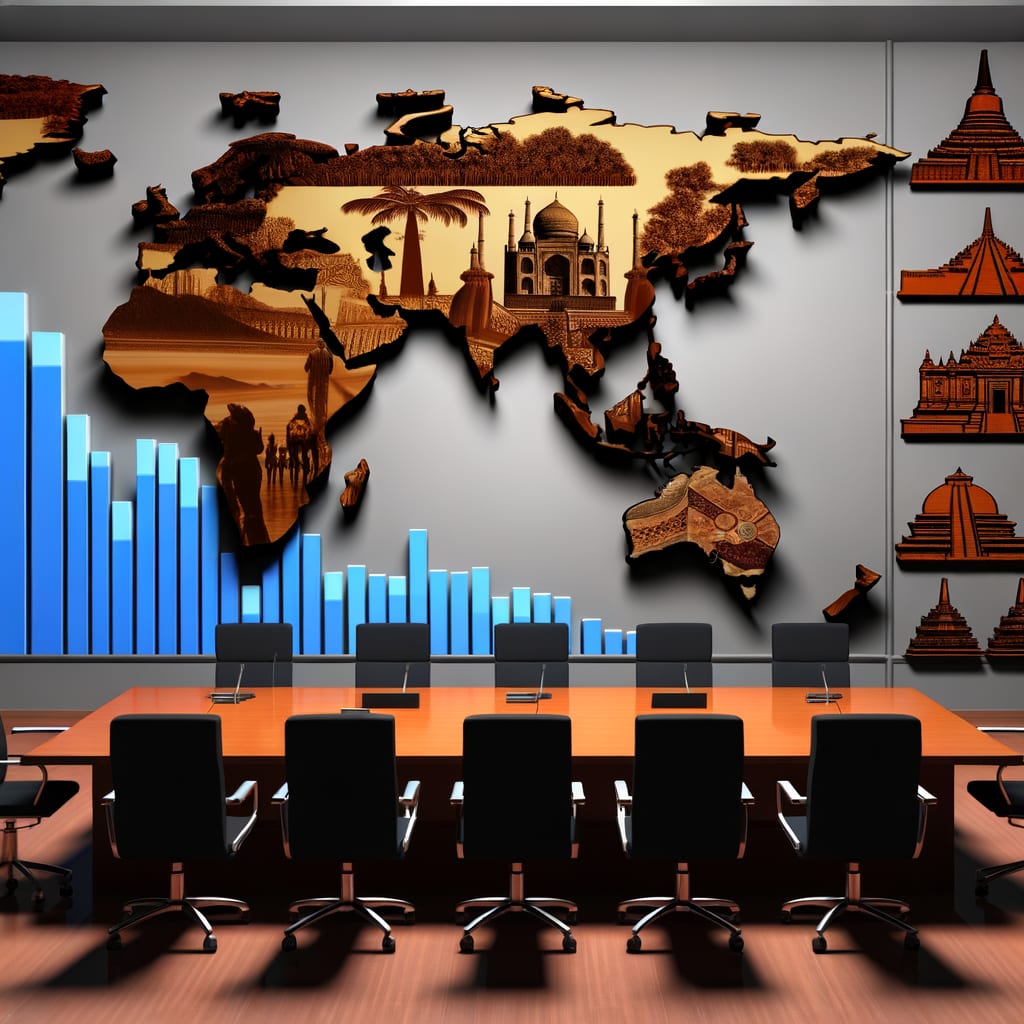US Global Tariff Changes Elicit Mixed Reactions in Asia
In a sweeping reshaping of global tariff policies, US President Donald Trump has signed an executive order modifying tariffs for dozens of countries, eliciting mixed reactions across the globe, particularly in Asia. While some countries secured last-minute tariff relief, others face higher levies, raising concerns about the potential impacts on their economies.
Background and Context
The new tariffs, which took effect on August 1, reflect whether countries have made meaningful trade and security commitments, according to a White House statement. Nations that failed to engage in talks or offered terms that did not sufficiently address trade imbalances faced elevated tariffs. This move comes in the wake of Trump's continued efforts to lower trade barriers on American goods such as cars, and amid ongoing negotiations between Washington and its trade partners.
Key Developments
Malaysia, for instance, secured a 19% tariff, which, while providing some relief, comes with the burden of a $240 billion bill to address the US deficit in their bilateral trade. Similarly, Indonesia saw a reduction in tariffs from 32% to 19%, but this came with the controversial provisions allowing the transfer of personal data abroad and relaxing local content requirements for US companies.
South Korea agreed to a deal with the US which includes a 15% tariff on its imports. However, the deal has South Korea pledging $150 billion to help its shipbuilders enter the US market, which could potentially counter China's dominance in the sector.
In contrast, Japan's efforts to cut the tariff on cars have been met with obstacles, with Prime Minister Shigeru Ishiba acknowledging the potential adverse effects on Japan's economy, especially the vital vehicle sector. The lack of a joint text on the agreement has been a source of domestic criticism.
Implications and Reactions
The tariff changes have triggered heated debates and concerns in various countries. Analysts warn that Malaysia could lose out in the long run. In Indonesia, critics argue that the concessions mark a risky erosion of digital sovereignty and economic self-reliance.
China, one of the most affected countries, has warned against protectionism, stating that it would harm the interests of all parties
. However, with the US effective tariff rate rising to 17%, some analysts see an opportunity for China to push for greater trade diversification and technological self-reliance.
On the other hand, some voices in the US, such as Democratic Sen. John Fetterman, believe that the US trade war is going well
, indicating a divergence in narratives within the country itself.
Conclusion
As these changes unfold, it remains unclear what the ultimate impacts on the global economy will be. While some countries may benefit, others may face significant challenges. Talks between the US and China to extend the 90-day tariff truce, set to expire on August 12, continue, but no agreement has been reached yet.

